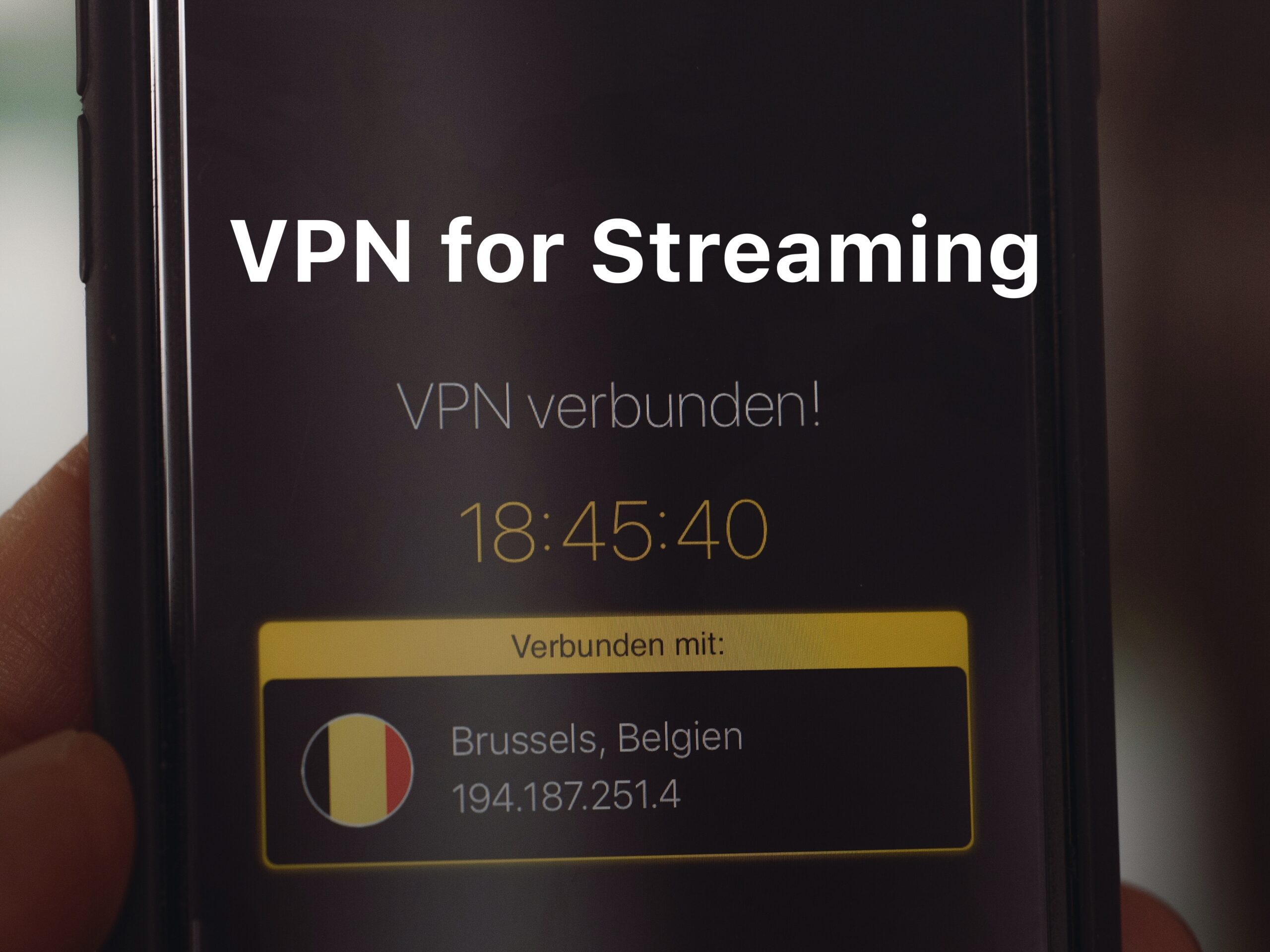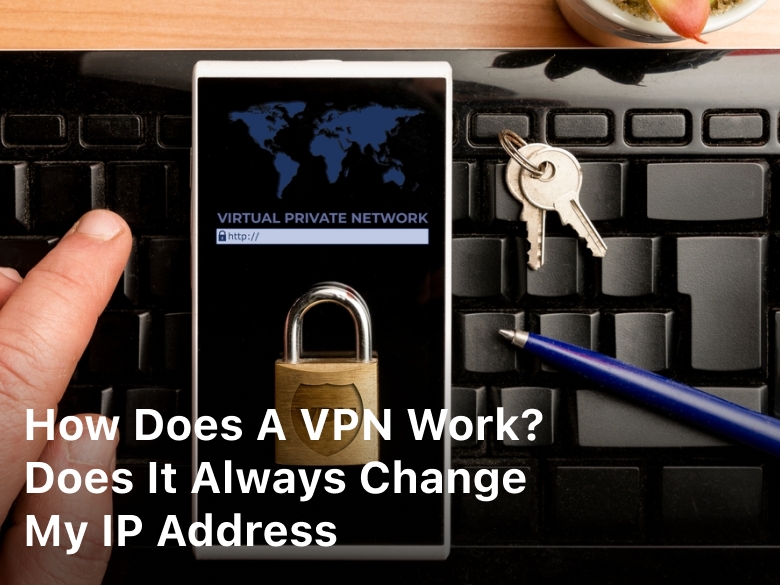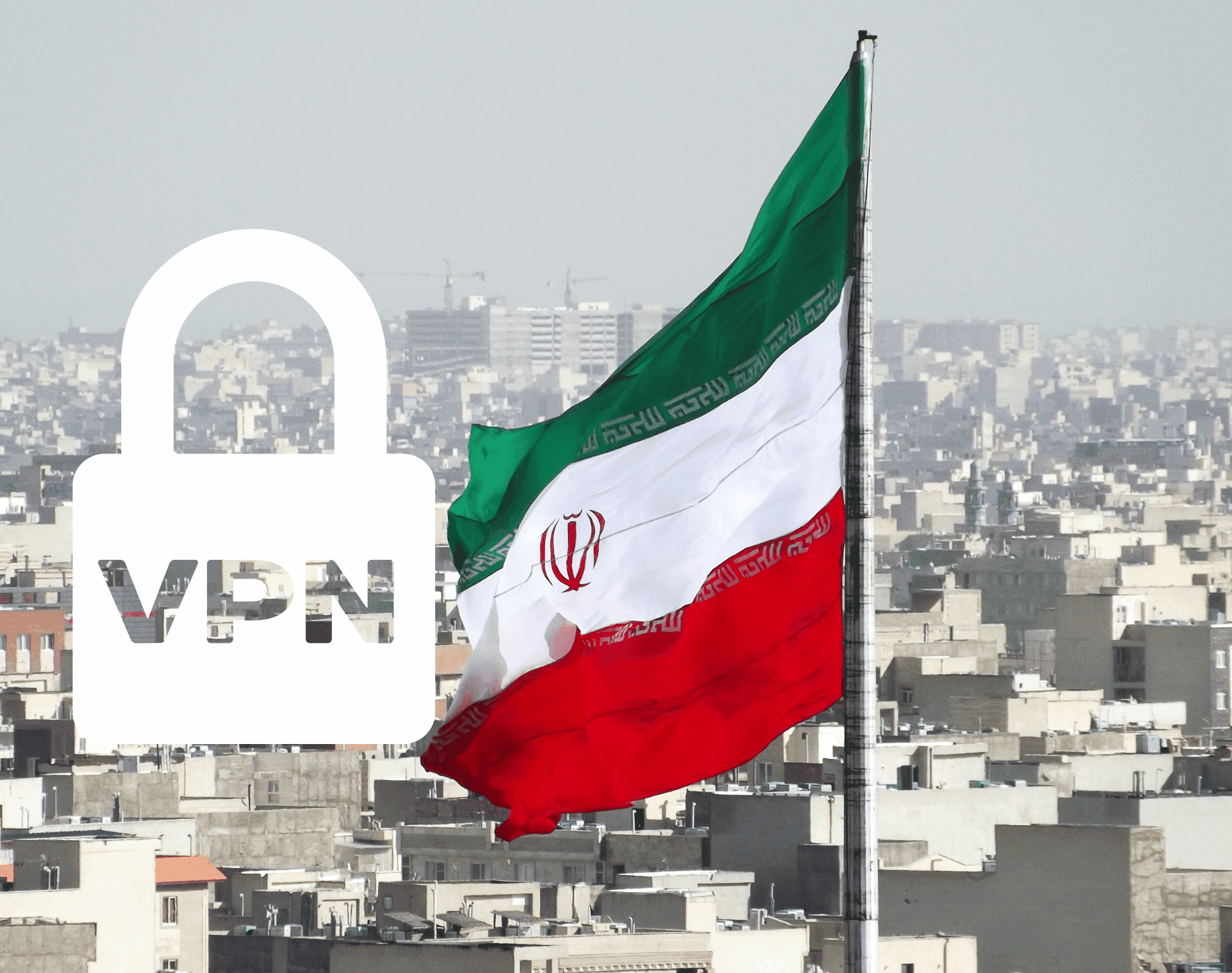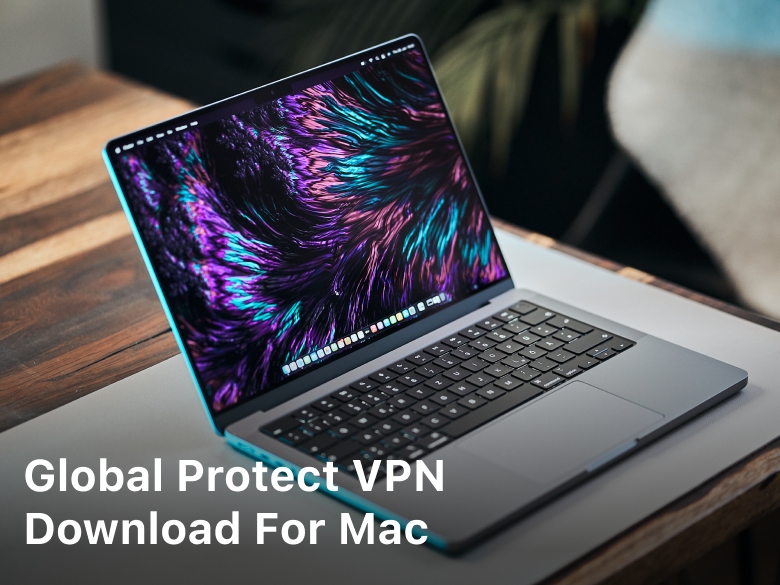
As a frequent traveler, I know how frustrating it can be to try and watch my favorite TV shows or movies while abroad, only to find out that they are not available in that region. This is where VPNs come in handy. In this comprehensive guide, I will explain how VPNs work for streaming, the benefits of using VPNs for streaming, types of VPNs for streaming, how to choose the best VPN for streaming, setting up a VPN for streaming, how to test if your VPN is working for streaming, troubleshooting common VPN issues, legal considerations of using VPNs for streaming, and ultimately, how to unlock geo-restricted content with VPN for streaming.
Understanding Geo-Restrictions and Why They Exist
Geo-restrictions are put in place by content providers to comply with licensing agreements, copyright laws, and other legal requirements. In simple terms, content providers have the right to restrict access to their content based on the user’s geographical location. This means that if you are in a country where a particular service is not available, you won’t be able to access it without a workaround.
How VPNs Work for Streaming
A VPN, or Virtual Private Network, is a technology that encrypts your internet traffic and routes it through a remote server. By doing this, your IP address is masked, and your internet connection appears to be coming from the location of the remote server. This allows you to bypass geo-restrictions and access content that would otherwise be unavailable in your region.
When you connect to a VPN server, your internet traffic is encrypted, making it impossible for anyone to intercept your data. This is especially useful when using public Wi-Fi networks, as it prevents hackers and other malicious actors from stealing your personal information.
Benefits of Using VPN for Streaming
The benefits of using a VPN for streaming are numerous. First and foremost, it allows you to access content that would otherwise be unavailable in your region. This means that you can watch your favorite TV shows and movies from anywhere in the world. Using a VPN (Virtual Private Network) for streaming offers several benefits, including:
- Bypassing geo-restrictions: Streaming platforms often impose geographic restrictions on their content, limiting access to specific regions. By using a VPN, you can connect to servers in different countries and bypass these restrictions. It allows you to access a wider range of content that may not be available in your location.
- Access to international libraries: Streaming platforms may have different content libraries in various countries. With a VPN, you can connect to servers in different countries and access their respective content libraries. This gives you the opportunity to enjoy a broader selection of movies, TV shows, and other streaming content from around the world.
- Improved privacy and security: VPNs encrypt your internet traffic and create a secure connection between your device and the VPN server. This encryption helps protect your data from potential eavesdropping, especially when using public Wi-Fi networks. It also hides your IP address, making it more difficult for third parties to track your online activities, enhancing your privacy.
- Throttling prevention: Some internet service providers (ISPs) may throttle or intentionally slow down your internet connection when they detect high-bandwidth activities like streaming. By using a VPN, your internet traffic is encrypted and hidden from your ISP, making it harder for them to throttle your connection. This can lead to improved streaming speeds and a smoother viewing experience.
- Avoiding ISP tracking and data collection: ISPs have the ability to track and collect data about your online activities. By using a VPN, your internet traffic is encrypted, preventing your ISP from monitoring and collecting detailed information about your streaming habits. This helps protect your privacy and keeps your streaming activities more anonymous.
- Enhanced online security on public networks: When streaming on public Wi-Fi networks, such as those in cafes, airports, or hotels, your data is more vulnerable to interception by malicious actors. A VPN encrypts your data and secures your connection, reducing the risk of unauthorized access to your personal information while streaming on public networks.
It’s important to note that while VPNs offer these benefits, the actual streaming experience can be influenced by factors such as the VPN server’s location, its connection speed, and the overall quality of your internet service.
Types of VPNs for Streaming
There are two main types of VPNs for streaming: free and paid. Free VPNs are often limited in terms of server locations, bandwidth, and speed. They may also be less secure than paid VPNs, as they may log your internet activity and sell it to third-party advertisers.
Paid VPNs, on the other hand, offer a wider range of server locations, faster speeds, and better security features. They are also more reliable than free VPNs, as they have dedicated servers that are optimized for streaming.
How to Choose the Best VPN for Streaming
When choosing a VPN for streaming, there are several factors to consider. Firstly, you should look for a VPN that has a wide range of server locations. This will allow you to access content from different regions.
Secondly, you should look for a VPN that offers fast speeds. This is especially important when streaming high-quality video content.
Thirdly, you should look for a VPN that has strong encryption and security features. This will ensure that your data is kept safe and secure while streaming.
Lastly, you should consider the price of the VPN. While paid VPNs are generally more reliable than free VPNs, they can also be more expensive. It’s important to find a VPN that offers good value for money.
Relate Article : know the difference between Free VPN and Paid VPN here
Setting up a VPN for Streaming
Setting up a VPN for streaming is a relatively simple process. Firstly, you will need to choose a VPN provider and sign up for an account. Once you have done this, you will need to download and install the VPN software on your device.
Next, you will need to connect to a VPN server. Most VPN providers have a list of servers that you can connect to, and you should choose one that is optimized for streaming.
Once you have connected to a VPN server, you should be able to access content that would otherwise be unavailable in your region.
How to Test if Your VPN is Working for Streaming
Once you have set up your VPN for streaming, it’s important to test whether it’s working properly. The easiest way to do this is to visit a website that checks your IP address, such as whatismyip.com.
Before connecting to your VPN, visit the website and note down your IP address. Then, connect to your VPN and visit the website again. If your IP address has changed, then your VPN is working properly.
Troubleshooting Common VPN Issues
While VPNs are generally reliable, there are some common issues that you may encounter. These include slow speeds, connection drops, and difficulty accessing certain websites.
To troubleshoot these issues, you should try connecting to a different VPN server. You should also check your internet connection to ensure that it is working properly.
If you are still experiencing issues, you may need to contact your VPN provider’s customer support team for assistance.
Legal Considerations of Using VPN for Streaming
While using a VPN for streaming is not illegal in most countries, it is important to note that it may violate the terms of service of certain streaming services. In some cases, using a VPN to access geo-restricted content may also be a violation of copyright laws.
Therefore, it’s important to use a VPN for streaming responsibly and to ensure that you are not breaking any laws or violating any terms of service.
Conclusion
In conclusion, using a VPN for streaming is a great way to unlock geo-restricted content and improve your online security and privacy. When choosing a VPN for streaming, it’s important to consider factors such as server locations, speeds, encryption, security, and price.
By following the steps outlined in this comprehensive guide, you can set up a VPN for streaming and enjoy your favorite TV shows and movies from anywhere in the world.





